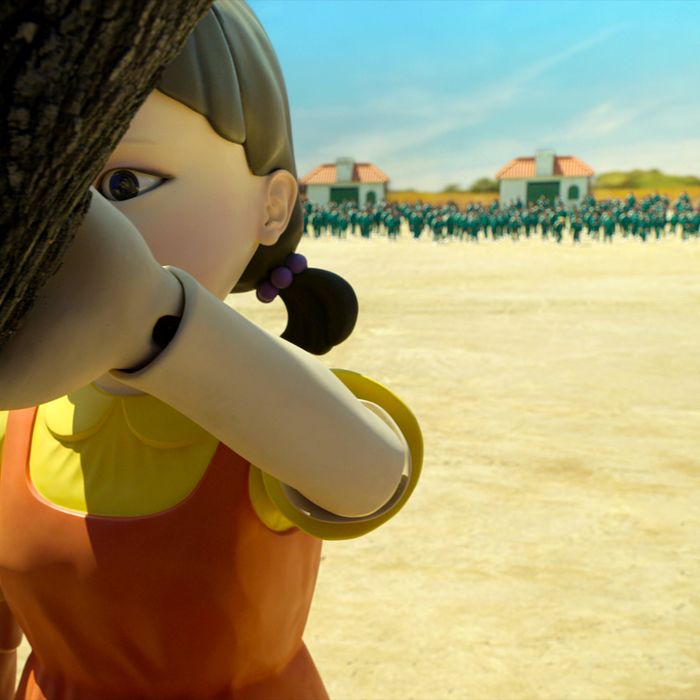Squid Game, a global sensation that captured the imaginations of millions worldwide, is not just a mere series; it's a profound exploration of society, human nature, and survival, all born from the creative genius of Director Hwang Dong-hyuk. This gripping narrative, which illustrates a vivid picture of desperate participants competing in deadly children’s games for a hefty prize, is not merely about entertainment but a commentary on the profound impacts of societal inequality, the desperation brought on by capitalist structures, and the human capacity for endurance.

At the heart of Squid Game's story is Hwang Dong-hyuk’s criticism towards economic inequality and the notion of survival of the fittest. Drawing upon his own observations and experiences, Hwang depicts a world where the desperation for financial security pushes individuals to partake in a deadly game, metaphorically representing the merciless reality of societal competition. Squid Game TV series the best by Squid Game serves not only as entertainment but as a critical mirror to the audience, prompting reflection about the constructs of morality, humanity, and the societal frameworks shaping them.
Hwang’s artistic approach to Squid Game is equally intriguing, blending a visually captivating aesthetic with a storyline that is emotionally rich and deeply humanistic. The contrast between the colorful playgrounds and the dark, sinister undertones of the games themselves generates a dichotomy that highlights the series' commentary on innocence lost and the destructive nature of greed and competition. This duality is further explored through characters that are deeply complex, each bringing their own stories, drives, and frailties to the fore, forming a mosaic of human resilience and frailty.

Moreover, Hwang Dong-hyuk’s decision to utilize games from his childhood as the series’ central motif not only summons a sense of nostalgia but also acts as a poignant commentary of the innocence and humanity that is at stake in the face of overwhelming societal pressures. This choice underscores the inherent desire for connection and belonging amidst the brutality of the games, offering a glimpse into the director's critique of societal fragmentation.
In conclusion, Squid Game, as envisioned by Hwang Dong-hyuk, is a meticulous blend of social commentary, human drama, and aesthetic brilliance. It provokes viewers to reflect on the realities of their existence, the nature of competition, and the depths of human desperation. With Squid Game, Hwang Dong-hyuk has not only created a cultural milestone but has also set a new standard for storytelling, where the blend of entertainment and message provokes profound contemplation and dialogue.


